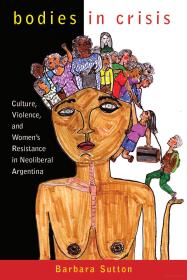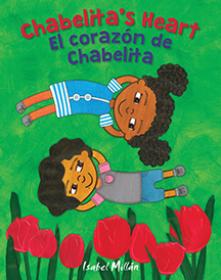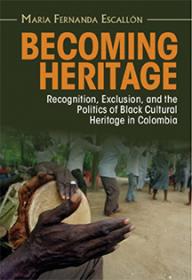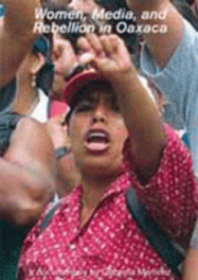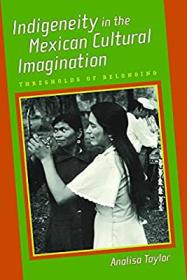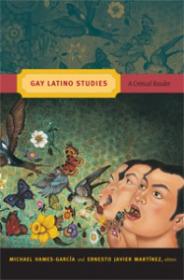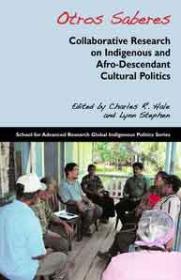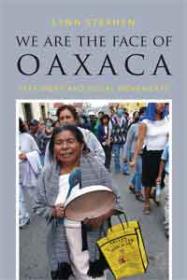Bodies in Crisis: Culture, Violence, and Women’s Resistance in Neoliberal Argentina
This project was funded in part by a CSWS grant.
“Born and raised in Argentina and still maintaining significant ties to the area, Barbara Sutton examines the complex, and often hidden, bodily worlds of diverse women in that country during a period of profound social upheaval. Based primarily on women’s experiential narratives and set against the backdrop of a severe economic crisis and intensified social movement activism post-2001, Bodies in Crisis illuminates how multiple forms of injustice converge in and are contested through women’s bodies."
“Born and raised in Argentina and still maintaining significant ties to the area, Barbara Sutton examines the complex, and often hidden, bodily worlds of diverse women in that country during a period of profound social upheaval. Based primarily on women’s experiential narratives and set against the backdrop of a severe economic crisis and intensified social movement activism post-2001, Bodies in Crisis illuminates how multiple forms of injustice converge in and are contested through women’s bodies."
Publication
2010


